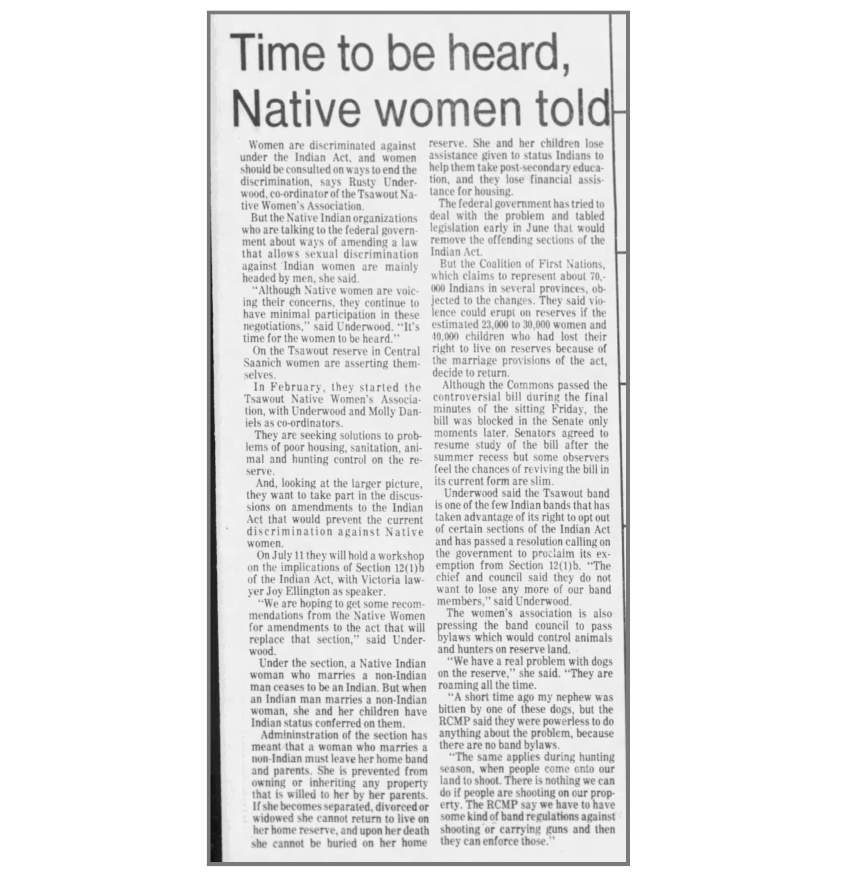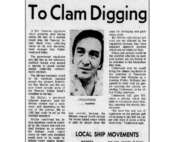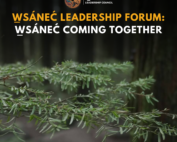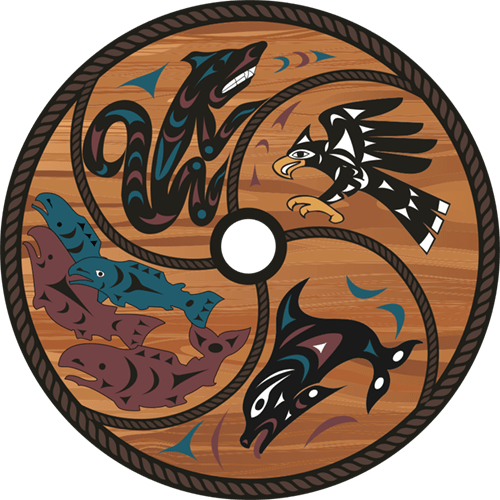
Times Colonist: Jul 1, 1984
Women are discriminated against under the Indian Act, and women should be consulted on ways to end the discrimination, says Rusty Underwood, co-ordinator of the Tsawout Native Women’s Association.
But the Native Indian organizations who are talking to the federal government about ways of amending a law that allows sexual discrimination against Indian women are mainly headed by men, she said.
“Although Native women are voicing their concerns, they continue to have minimal participation in these negotiations.” said Underwood. “It’s time for the women to be heard.”
On the Tsawout reserve in Central Saanich women are asserting themselves.
In February, they started the Tsawout Native Women’s Association, with Underwood and Molly Daniels as co-ordinators.
They are seeking solutions to problems of poor housing, sanitation, animal and hunting control on the reserve.
And, looking at the larger picture, they want to take part in the discussions on amendments to the Indian Act that would prevent the current discrimination against Native women.
On July 11 they will hold a workshop on the implications of Section 12(1)b of the Indian Act with Victoria lawyer Joy Ellington as speaker.
“We are hoping to get some recommendations from the Native Women for amendments to the act that will replace that section.” said Underwood.
Under the section, a Native Indian woman who marries a non-Indian man ceases to be an Indian. But when an Indian man marries a non-Indian woman, she and her children have Indian status conferred on them.
Administration of the section has meant that a woman who marries a non-Indian must leave her home band and parents. She is prevented from owning or inheriting any property that is willed to her by her parents. If she becomes separated, divorced or widowed she cannot return to live on her home reserve, and upon her death she cannot be buried on her home reserve. She and her children lose assistance given to status Indians to help them take post-secondary education, and they lose financial assistance for housing.
The federal government has tried to deal with the problem and tabled legislation early in June that would remove the offending sections of the Indian Act.
But the coalitions of First Nations, which claims to represent about 70,000 Indians in several provinces, objected to the changes. They said violence could erupt on reserves if the estimated 23,000 to 30,000 women and 40,000 children who had lost their right to live on reserves because of the marriage provisions of the act, decide to return.
Although the Commons passed the controversial bill during the final minutes of the sitting Friday, the bill was blocked in the Senate only moments later. Senators agreed to resume study of the bill after the summer recess but some observers feel the chances of reviving the bill in its current form are slim.
Underwood said the Tsawout band is one of the few Indian bands that has taken advantage of its right to opt out of certain sections of the Indian Act and has passed a resolution calling on the government to proclaim its exception from Section 12(1)b. “The chief and council said they do not want to lose any more of our band members,” said Underwood.
The Women’s association is also pressing the band council to pass bylaws which would control animals and hunters on reserve land.
“We have a real problem with dogs on the reserve,” she said. “They are roaming all the time”
“A short time ago my nephew was bitten by one of these dogs, but the RCMP said they were powerless to do anything about the problem, because there are no band bylaws.”
“The same applies during hunting season, when people come into our land to shoot. There is nothing we can do if people are shooting on our property. The RCMP say we have to have some kind of band regulations against shooting or carrying guns and then they can enforce these.”






